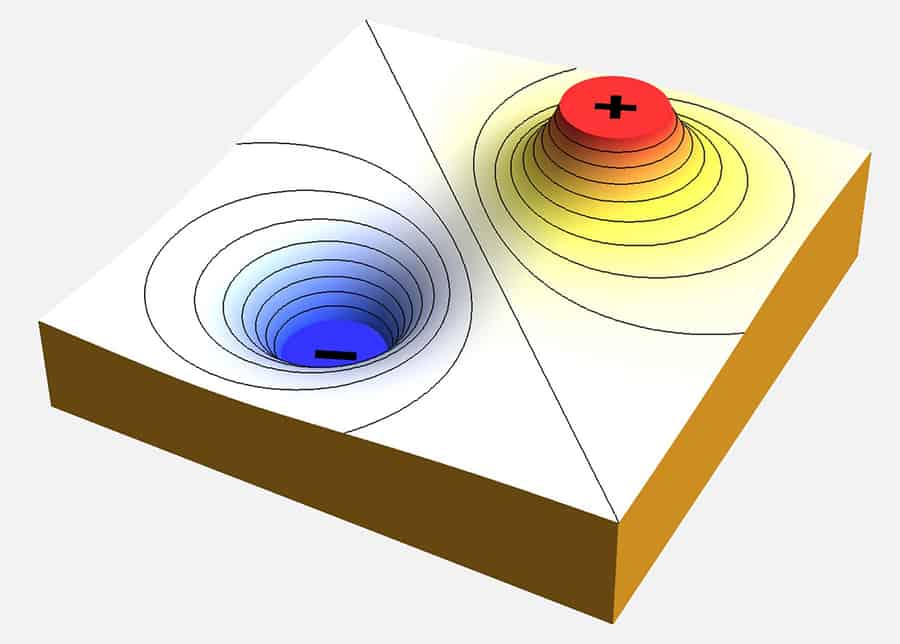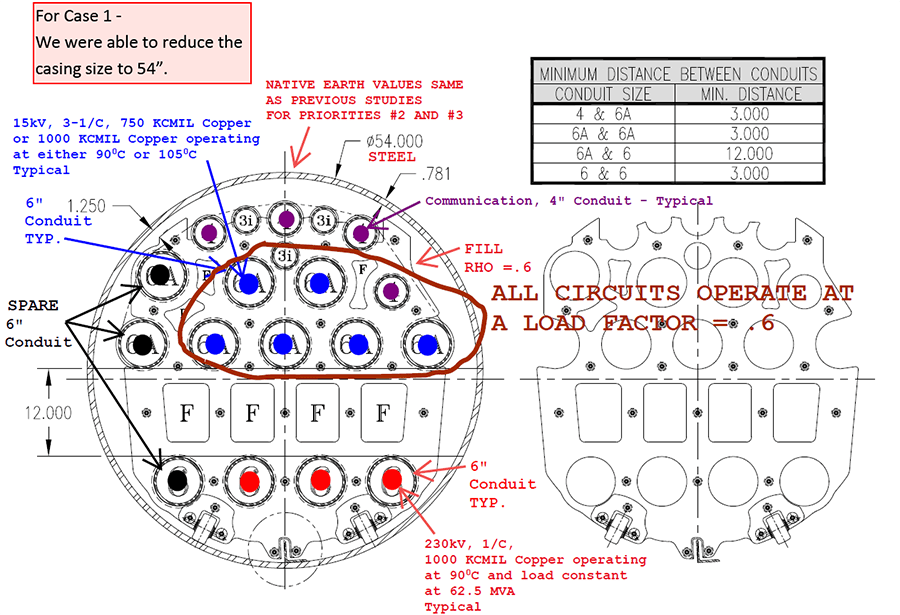How hard is electrical engineering? It’s challenging, but not overly hard. If you’re good at math and physics, you’ll learn quickly.
The common pitfall in this field is thinking outside the box – or rather, thinking abstractly. But if you’re already fascinated by electricity and magnetism, that’s half the battle right there.
I’ve been an electrical engineer for over 15 years, and let me tell you, it’s not rocket science. Sure, it’s no walk in the park when you’re starting out, but what worthwhile field ever is?
Now, let’s talk about what makes electrical engineering a bit tricky.
Visualization of abstract concepts you can’t see

Picture trying to visualize things you can’t see – like electric and magnetic fields or wireless signals. Heck, even something as basic as electric current flowing through a circuit is invisible. All you see are a bunch of wires and funky-looking gadgets.
This is where the abstract thinking comes into play. You gotta use math to make sense of these concepts because it’s not exactly intuitive learning.
Take a long circuit running from a power source to a load, for instance. A voltage drop calculation is the only way to tell if there’s a problem in your circuitry. Just looking at it won’t cut it.
In other engineering fields, you can see and touch what you design. Think about the designs in structural engineering – visualizing concepts is way easier.
As an electrical engineer, you need a solid foundation in basic theory. This will help you visualize those elusive electrical concepts, which is crucial for top-notch, error-free design work.

Important Note: You can simplify the concept of electricity using a water analogy. Let’s use this analogy to understand why voltage drops when starting a motor.
Imagine you’re taking a shower, and someone flushes the toilet. Boom! The water pressure from the shower head drops for a few seconds. That’s because a single water pipe feeds both your toilet and shower.
Now, picture voltage as electrical pressure. Voltage pushes current through an electrical line. When a motor starts and demands high current, the voltage will drop on all loads connected to the circuit. That’s why your lights might dim if they’re on the same circuit as the motor.
Electrical theory and real-world practice

You need a mix of solid engineering theory and real-world skills to reach your full potential.
Once you start working as an electrical engineer, you can’t forget your engineering theory, especially when you’re leading cutting-edge design projects.
For example, I once designed 15,000-volt and 230,000-volt cables that ran deep underground in a casing pipe for miles in a bustling city. In this pipe, there were some conduits with 3-cables inside – no biggie, their magnetic fields canceled each other out (see the above section view). But single cables in a PVC conduit were a different story.
Picture a magnetic loop forming perpendicular to the PVC conduit, caused by the rebar in the duct bank. The single cable’s magnetic field would induce a current in the rebar, which would then heat up and act as a parasitic load on the cable.
I had to be super careful about this in my project design because rebar is often used in duct banks for reinforcement. Without a strong background in electrical theory, I wouldn’t have even known this issue existed.
Long story short: without a firm grasp of theory, you could cause tens of millions of dollars in damage or, even worse, someone could get seriously hurt.

Important Note: You can totally survive in the professional world without diving too deep into theory. But let me tell you, you won’t be doing the most thrilling work, and your career won’t reach its full potential.
Using of high levels of math

As an electrical engineering student, you’ll be getting up close and personal with math like:
- Bode analysis
- Fourier’s transform
- Laplace’s transform
- Calculus/differential equations
- Vectors
- Lagrangian multipliers
- Matrix algebra
And the list goes on. Trust me, you’ll be swimming in math, especially during your school years.
Some of this math might feel like it’s from another planet. It can be tough to wrap your head around those mind-bending concepts, like using partial differential equations to solve electrical circuitry problems.
So, buckle up and embrace your inner math geek!

Important Note: In the real world, engineers use less math than in school. You’ll be working with more basic math. But it’s still crucial to have a decent grasp of complex math concepts.
Why? Because you’ll need to review software outputs and pinpoint software limitations. Plus, visualizing electrical concepts means understanding how equation variables relate to each other.
Your interest level in electrical engineering
If you don’t have a burning passion for electrical engineering, learning the material will feel like a massive chore.
I’m not talking about a passing interest. I mean, you should be daydreaming about electricity and constantly thinking about electrical subjects and engineering in general!
If you’ve got the passion, you’re already ahead of many of your peers. Some people just become electrical engineers for the money and superficial reasons.
In school, you’ll be studying and memorizing tough subjects to score good grades. But the practical knowledge comes from working in the field and nurturing a genuine interest. If you aim to become a 10x engineer, you’ll need to be a lifelong learner. Relying solely on what you learned in school will only lead to a world of hurt.
Creativity and problem-solving aptitude
Is your brain wired to think outside the box? If not, electrical engineering could be an uphill battle, even if you’re passionate about it. That’s because creativity and visualization skills are vital for this abstract field.
You can still be an electrical engineer without these skills. But don’t expect to lead groundbreaking, cutting-edge projects.
The good news is, you can always level up your creativity. Formal engineering education isn’t the endgame. In fact, it has its shortcomings.
Instead, learn from the creative process behind the Golden Gate Bridge. This case study will show you the creative demands of real-world engineering. And check out my 20 tips to boost your creativity.
With experience, you’ll find that a lot of creativity comes intuitively. Over the years, I’ve leveled up my creativity by gaining work experience, which helped me connect the dots over abstract ideas and find better solutions. So, practice makes perfect when it comes to creativity.
But let’s be real: Not everyone is destined to be the next Nikola Tesla. Not all engineers are geniuses, far from it. However, if you push yourself to be more creative, you’ll reach your full potential.
“How hard is electrical engineering” wrap up
If you’re just dipping your toes into electrical engineering, be patient. Learning takes time and an open mind.
But with passion, you’ll conquer the challenges. Soon, your mind will be filled with an exciting new world of ideas and possibilities.
Heck, you might even find yourself pondering how black hole jets form from magnetic fields. And the cherry on top? The future of electrical engineering is brighter than a supernova!
What do you think about electrical engineering’s level of difficulty? Are electricity and magnetism concepts that make your head spin?
